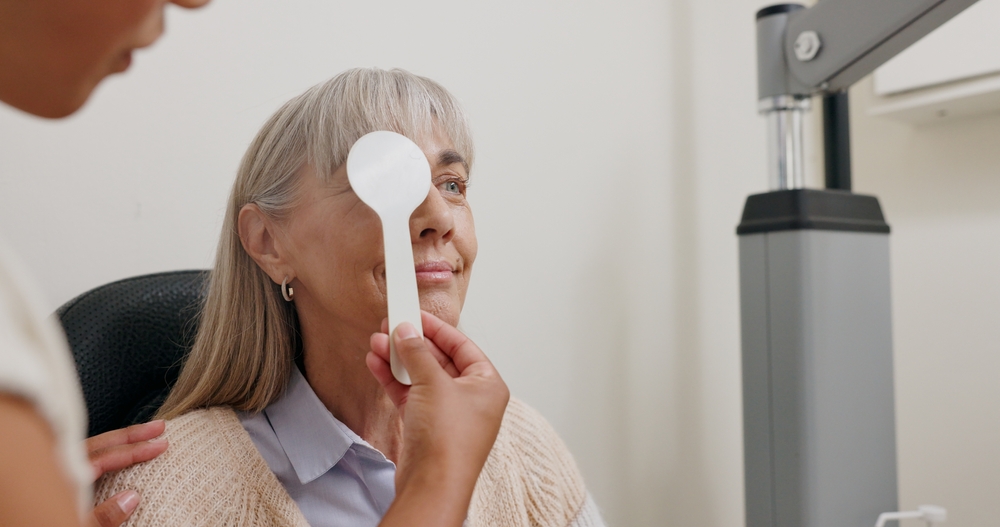
Can Macular Degeneration Be Prevented?
Macular degeneration is a leading cause of vision loss among older adults, affecting millions of people worldwide. As we age, the macula, the central part of the retina responsible for clear, sharp vision, can gradually deteriorate, leading to a progressive decline in eyesight. This condition, known as age-related macular degeneration (AMD), can have a significant impact on your daily life, making it difficult to perform tasks such as reading, driving, and recognizing faces.
Understanding Macular Degeneration
Macular degeneration is a complex eye disease that occurs when the macula, the part of the eye responsible for central vision, becomes damaged or deteriorates over time. This can lead to a gradual loss of sharp, detailed vision, which is essential for activities like reading, driving, and recognizing faces. There are two main types of macular degeneration:
• Dry Macular Degeneration: This is the most common form, affecting approximately 80-90% of people with macular degeneration. It is characterized by the gradual buildup of yellow deposits called drusen under the retina, which can cause the macula to thin and deteriorate over time.
• Wet Macular Degeneration: This is a more severe and rapidly progressing form of the disease. It is caused by the growth of abnormal blood vessels under the retina, which can leak fluid and blood, leading to rapid vision loss.
Causes and Risk Factors of Macular Degeneration
The exact causes of macular degeneration are not fully understood, but researchers have identified several risk factors that can increase your chances of developing this condition:
• Age: The risk of macular degeneration increases significantly as you get older, with the condition being most common in people over the age of 60.
• Genetics: Certain genetic factors and family history can play a role in the development of macular degeneration.
• Smoking: Smoking is a major risk factor for macular degeneration, as it can damage the blood vessels in the eye and increase inflammation.
• Diet and Nutrition: A diet low in antioxidants, such as lutein and zeaxanthin, may contribute to the development of macular degeneration.
• Cardiovascular Health: Conditions like high blood pressure, high cholesterol, and heart disease have been linked to an increased risk of macular degeneration.
Can Macular Degeneration Be Prevented?
While there is no cure for macular degeneration, there are steps you can take to potentially reduce your risk of developing the condition or slow its progression.
• Quit Smoking: Smoking is a significant risk factor for macular degeneration, so quitting or never starting can significantly reduce your risk.
• Maintain a Healthy Diet: Eating a diet rich in antioxidants, such as lutein, zeaxanthin, and omega-3 fatty acids, may help protect your eyes and slow the progression of macular degeneration.
• Exercise Regularly: Regular physical activity can improve cardiovascular health and reduce the risk of macular degeneration.
• Protect Your Eyes: Wear sunglasses or hats with brims to protect your eyes from harmful UV radiation, which can contribute to the development of macular degeneration.
• Monitor Your Blood Pressure and Cholesterol: Maintaining healthy levels of blood pressure and cholesterol can help reduce the risk of macular degeneration.
• Consider Supplements: Some studies suggest that certain vitamin and mineral supplements, such as those containing antioxidants and zinc, may help slow the progression of macular degeneration in some cases.
The Role of Regular Eye Exams for Early Detection and Treatment
Regular eye exams play a vital role in the early detection and effective management of macular degeneration. These exams enable your eye doctor to identify early signs of the condition, such as the presence of drusen or changes in the macula, often before noticeable vision changes occur. Routine check-ups also allow your doctor to monitor the progression of the disease and make timely adjustments to your treatment plan.
If macular degeneration is detected, your eye doctor can provide treatment options which can help slow the disease's progression and preserve your vision. Additionally, your doctor can recommend personalized preventive measures, including lifestyle changes, to reduce your risk or delay the condition’s advancement.
Taking Proactive Steps to Protect Your Vision
Macular degeneration is a complex and challenging eye condition, but with the right knowledge and proactive measures, you can take steps to potentially prevent or slow its progression. By adopting a healthy lifestyle, maintaining regular eye exams, and working closely with your eye doctor, you can take control of your eye health and protect your precious vision for years to come.
If you're concerned about your risk of macular degeneration, schedule a consultation with Professional Eye Care at Westar. Visit our office in Westerville, Ohio, or call (614) 686-2300 to book your appointment and take the first step towards protecting your eyesight today.



